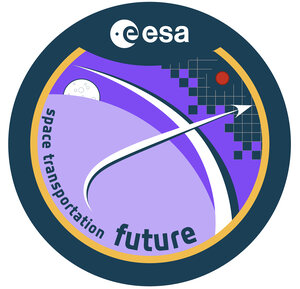Foundation of innovation
Europe’s link to the wider Universe, the European Space Agency is the only one of the agencies worldwide to oversee the entire range of space-related activities – from space science and environmental monitoring to industrial competitiveness and end-user services. Technology development lies at the foundation of everything ESA does. So when the Agency’s Directorate of Technical and Quality Management submits its plans for approval to its Ministerial Council it is a significant event, helping to set the agenda of Europe in space for many years to come.
Europe’s leadership position in space science and Earth observation is underpinned by years – sometimes decades – of preparatory technology research and development (R&D) to perfect new instruments and techniques to perceive the cosmos or our own planet in unprecedented ways.

European space industry is itself a world leader – possessing a €6 billion annual turnover, employing 30 000 skilled professionals – in the front rank of the global telecommunications and launcher markets. This is an industry born from ESA’s long-term technical leadership, based not on government subsidy but on winning contracts on the global open market. On average, each European citizen invests only €10 per year on space, compared to €100 invested by their US equivalent.

With overall spending in space so low, what accounts for Europe’s continued commercial success? The Organisation for Economic Co-operation and Development (OECD) notes that a third of all new space patents are filed in Europe, second only to the US. Europe’s space sector stays smarter than its international competitors thanks to a steady stream of technology development, coordinated by ESA. Maintaining this R&D effort is all the more important as new competition arises in India and China – Europe has to stay smarter where it cannot be cheaper. ESA’s far-reaching R&D work primes the pump of the wider European space sector.















 Germany
Germany
 Austria
Austria
 Belgium
Belgium
 Denmark
Denmark
 Spain
Spain
 Estonia
Estonia
 Finland
Finland
 France
France
 Greece
Greece
 Hungary
Hungary
 Ireland
Ireland
 Italy
Italy
 Luxembourg
Luxembourg
 Norway
Norway
 The Netherlands
The Netherlands
 Poland
Poland
 Portugal
Portugal
 Czechia
Czechia
 Romania
Romania
 United Kingdom
United Kingdom
 Slovenia
Slovenia
 Sweden
Sweden
 Switzerland
Switzerland



























